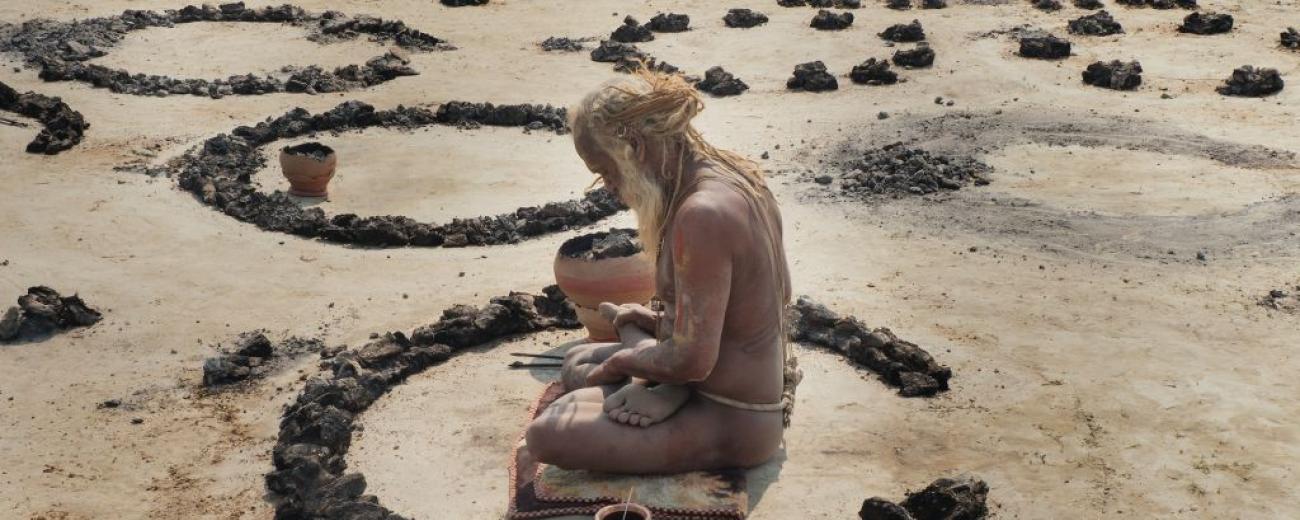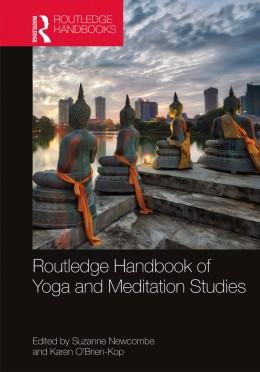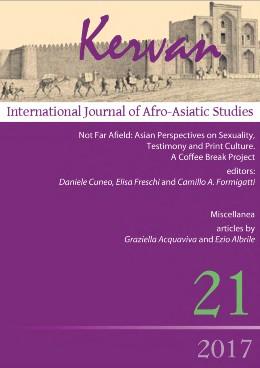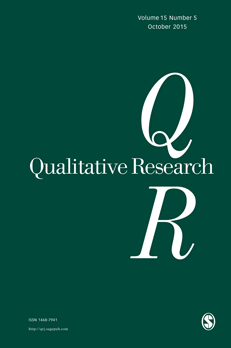Anthropology and Ethnography: Voices from the field


Mark Singleton and Borayin Larios, 'The Scholar-Practitioner of Yoga in the Western Academy'
In The Routledge Handbook of Yoga and Meditation Studies. Eds Suzanne Newcombe and Karen O’Brien-Kop (2021, Routledge)
A recent "hot topic" in the field of Yoga Studies has been the Scholar-Practitioner identity and the challenges and questions this position poses; an extension of the perennial 'insider / outsider' debate within the study of religion. The topic has come to the foreground as a result of the growing number of yoga and meditation practitioners looking to further their knowledge and understanding of these traditions within the Western academy. This article presents a reflexive act of 'autoethnography' by the authors (themselves both scholar-practitioners), an initial sketch of the evolving academic landscape of Yoga Studies and perhaps an opportunity for self-reflection. Where do you position yourself in relation to your scholarship?
Framing the academic study of yoga over the course of the past two centuries as a history which includes scholar-practitioners brings into focus some of the scholarly and individual biases and predilections that have shaped understandings of yoga up to the present' (2021:44)
Daniela Bevilacqua, “Are women entitled to become ascetics?: An historical and ethnographic glimpse on female asceticism in Hindu religions”
In International Journal of Afro-Asiatic Studies n. 21 (2017)
This paper brings together historical evidence and ethnographic research from contemporary India to understand the role and experience of female ascetics. Bevilacqua's descriptions of fieldwork experiences and interview excerpts bring a sense of humanity and connection to these hidden women; especially the case study of the exceptional Rām Priya Dās, a Rāmānandī ascetic in Varanasi.
When she got initiated her family cut every relationship with her, and Rām Priya Dās became part of the sādhu samāj: “This is something natural”, she said to me, “once you walked through the boundaries of the lay community, and you enter in this new one, all are your brothers and sisters.” She did not feel to have lost a family, but to have changed it.' (2017:64)
Greg Downey, Monica Dalidowicz, Paul H Mason, “Apprenticeship as method: embodied learning in ethnographic practice”, Qualitative Research, 2015, Vol. 15(2) 183–200
This article relays the experiences of three anthropologists who chose to take on apprenticeships in their three respective practice traditions - Capoeira, Kathak dance, pencak silat. The authors highlight issues and benefits - both practical and theoretical - of this method of study and positionality; simultaneously a period of embodied learning and chance to access emic types of knowledge, and a piece of ethnographic research. A reflection on the constant navigation of the boundaries between academic objectivity and community engagement, and the insight to be gained from both of these identities.
The difficulty of simultaneously being a practitioner and taking notes was driven home for Downey when he discovered one evening after a training session, exhausted, that his sweat-soaked practice clothes had smeared his notes, making many illegible, and even warped the stiff cardboard cover on his notebook. The metaphor of the sweat-drenched commitment to participation erasing other forms of knowledge and distorting the whole framework of ethnography was only too obvious.' (2015:190)
Past Centre of Yoga Studies talks
- Laura von Ostrowski, Contemporary yoga as a practice of philosophy (June 2021)
- Daniela Bevilacqua,Yoga and Tapasyå in the Ascetic World (June 2020)
- Jennifer Lea. Emotional and Atmospheric Labour in Contemporary Yoga teaching (Nov 2020)



